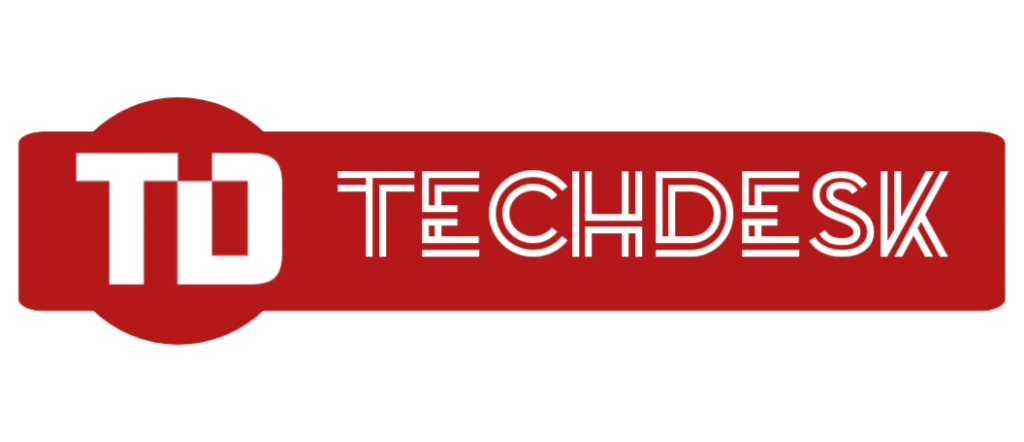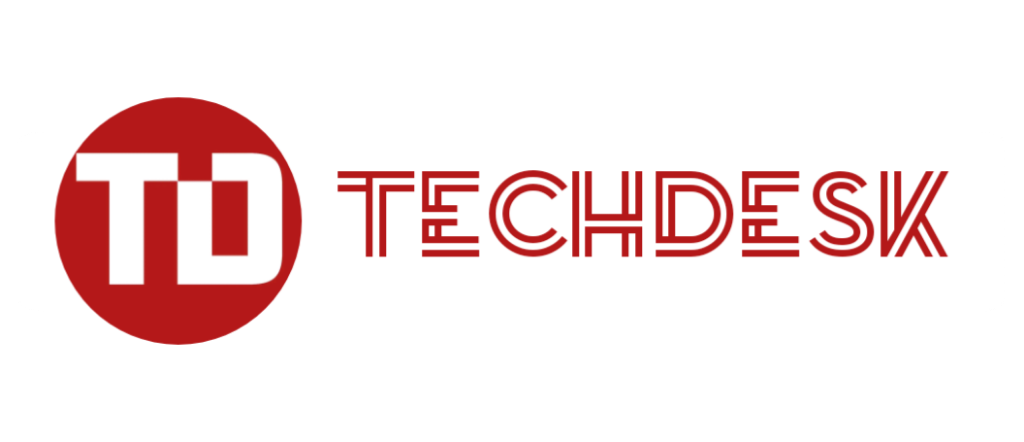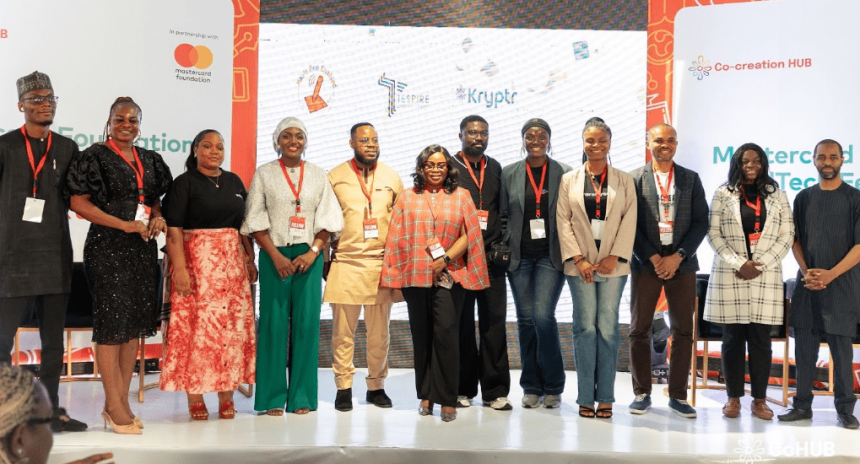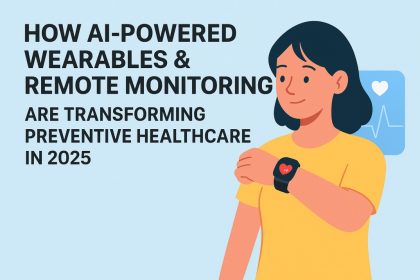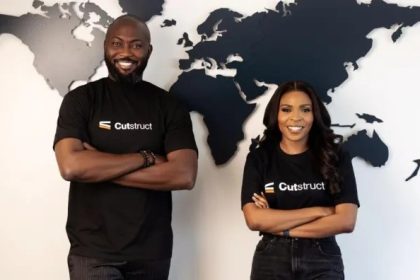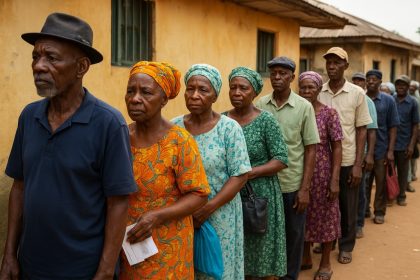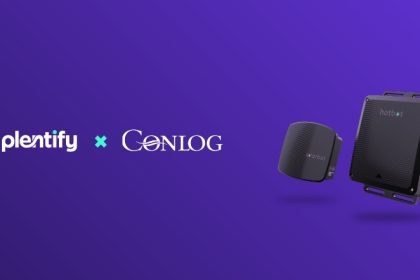Co-creation Hub (CcHUB), in partnership with the Mastercard Foundation, has announced the third cohort of the Mastercard Foundation EdTech Fellowship, marking a significant step towards addressing critical education gaps across Africa. The 2025 cohort, comprising 12 innovative EdTech startups, reflects a growing commitment to gender diversity and inclusion within Africa’s innovation ecosystem, with 50% of the startups led by women.
This equal split of male and female founders underscores the Fellowship’s mission to challenge the gender gap in technology and entrepreneurship while driving solutions that improve the future of learning.
The announcement, made on May 27, 2025, highlights the versatility and impact of the selected startups, which range from AI-powered learning platforms and digital financial literacy tools to virtual science labs that reach rural classrooms without internet access. These innovations, many led by women, exemplify the Fellowship’s vision for scalable, inclusive, and future-forward learning across the continent.
Announcing the selected startups for the. Mastercard Foundation EdTech Fellowship cohort 3, Nissi Madu, Managing Partner at CcHUB, said, “As we welcome our third cohort, we are especially excited by the innovative, high-impact solutions these startups are bringing to the table. This year, the process was more competitive than ever, as we were intentional about identifying ventures that address critical gaps in Africa’s education ecosystem.”

The Mastercard Foundation EdTech Fellowship, launched in 2019, aims to support EdTech companies across Africa that are tackling learning challenges in K-12, tertiary education, and vocational training. The initiative is part of the Mastercard Foundation Centre for Innovative Teaching and Learning’s broader goal to partner with 12 tech hubs and support over 250 EdTech companies, reaching at least 1.8 million young people by the end of 2025.
Building on the success of its first and second cohorts, the Fellowship has collectively reached 676,145 learners in Nigeria, with 84% of beneficiaries being children and youth and an encouraging 53% female representation among learners.
Meet the Mastercard Foundation Edtech Fellowship 2025 cohort 3
The third cohort’s startups are diverse in their approaches and solutions. AI Teacha, for instance, enhances learning by equipping teachers with AI-powered tools to deliver personalised lessons, saving time, increasing engagement, and improving student outcomes. Blue and Sand’s STEM Lab provides virtual science labs that empower secondary schools, including those in rural areas without internet access, through real-world simulations and intuitive teacher tools.
Other startups in the cohort include Cloudnotte, an all-in-one educational platform for flexible learning; Flexisaf (Distinction), an AI-powered platform for tracking student performance and making data-driven decisions; HiPrep Online, a virtual after-school platform for K-12 students offering personalised, bite-sized learning sessions; and I-Train Africa, an impact-driven edtech organisation that empowers African youth, women, and professionals with in-demand digital and workplace skills.
Kryptr, an AI-powered platform addressing Africa’s workforce gap by training and connecting job-ready youth to employment opportunities, and Mavis Computel, which tackles educational inequity in underserved Nigerian communities with its innovative “Talking Books”, an interactive, audio-visual learning tool designed to improve literacy and numeracy.
Gender diversity is a cornerstone of this cohort, with startups like Smart Steward Academy, led by women, focusing on empowering young people, particularly women, with essential skills in financial literacy, financial planning, and entrepreneurship. Tespire offers a mobile and web application that helps primary and secondary school owners in semi-urban Africa increase school income and leverage data-driven insights for personalised learning, while Sproutly Inc. provides seamless payment processing for educational institutions. VarsityScape enables experts and institutions to launch online academies quickly, equipping African youth with skills for independence and future opportunities.

Rodwell Mangisi, the Acting Director at the Mastercard Foundation Centre for Innovative Teaching and Learning, emphasised the importance of inclusive design. “We need to accelerate solutions that serve even those out-of-school young people who are constantly left out of the education ecosystem,” he said. “It is when we design with the end user in mind that the business case for the solution is more scalable, sustainable, and impactful.”
Over the next six months, CcHUB will support the 2025 cohort through an accelerator programme that includes advisory and mentoring sessions with subject matter experts, up to $100,000 in non-equity grants, and continued advisory support for an additional 12 months. This support aims to help the startups scale their solutions, build capacity, strengthen networks and partnerships, and remodel their innovations for greater impact on the future of learning in Africa.
Impact of the fellowship so far
Previous cohorts have demonstrated the Mastercard Foundation EdTech Fellowship’s impact. Kunda Kids, a Cohort 1 startup, highlighted the transformative role of the programme in tailoring its app to meet the needs of children and families globally, improving digital offerings, and ensuring user safety and privacy. Frank Williams, CEO of Lingawa (a Cohort 2), shared how the Fellowship helped his company close a $1.1 million pre-seed round, rebrand, and strengthen its team, connecting it to a network of ambitious, impact-driven founders.
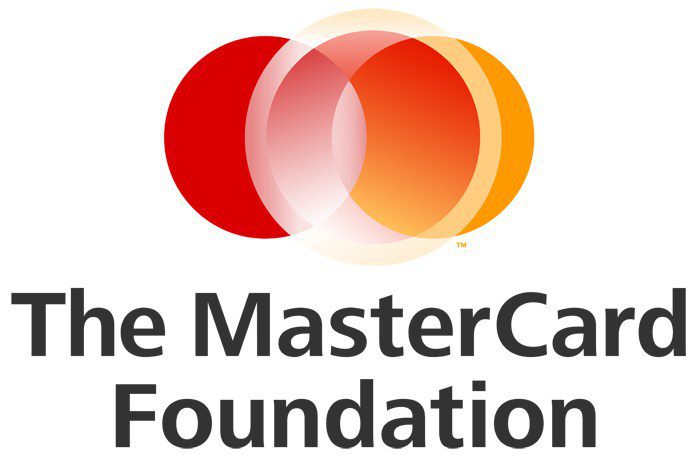
CcHUB, founded in 2010 as Nigeria’s first innovation centre, has evolved into the largest technology innovation centre in Africa, with a physical presence in Lagos, Kigali, Nairobi, and Windhoek. Its transformative programmes have reached over 40 countries, including South Africa, Morocco, Tanzania, Zambia, Senegal, and the Democratic Republic of Congo.
The Mastercard Foundation, a registered Canadian charity established in 2006, works with visionary organisations to advance education and financial inclusion, enabling young people in Africa and Indigenous youth in Canada to access dignified and fulfilling work.
As Africa’s EdTech sector continues to grow, initiatives like the Mastercard Foundation EdTech Fellowship are crucial in addressing the continent’s long-standing educational challenges. With increasing internet penetration and a young, tech-savvy population, the sector is poised for significant expansion. A 2025 report by HolonIQ projects that the global EdTech market will reach $400 billion, with Africa emerging as a key player due to its demographic advantages and the urgent need for innovative learning solutions.
The success of the third cohort of the Mastercard Foundation EdTech Fellowship not only highlights the potential of African EdTech startups but also reinforces the importance of gender diversity and inclusive innovation in shaping the future of education. As these startups scale their solutions, they are expected to play a critical role in addressing enrolment, quality, and availability issues, ultimately contributing to long-term prosperity across the continent.
